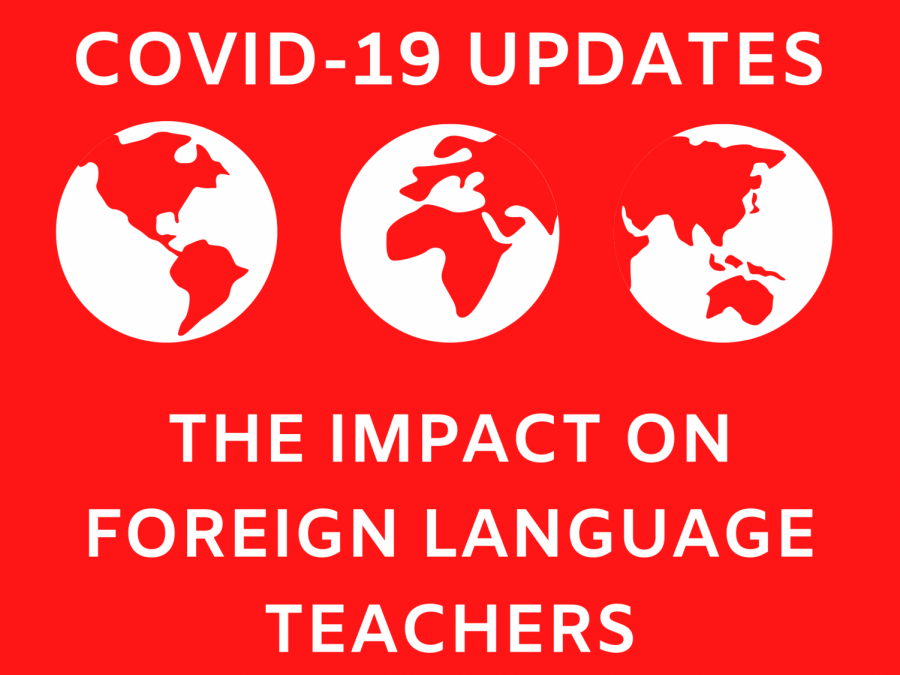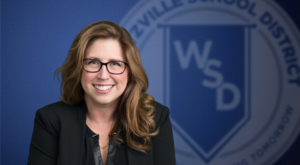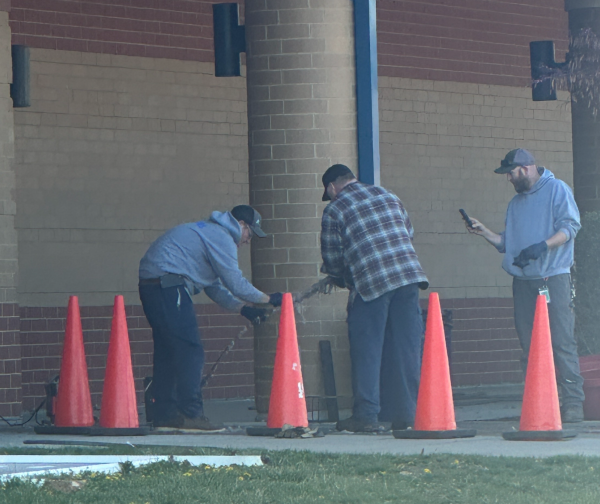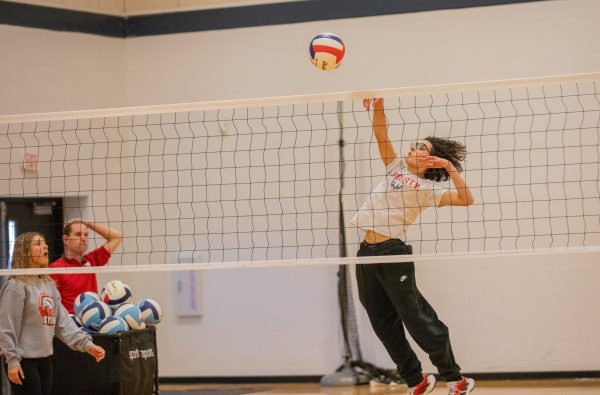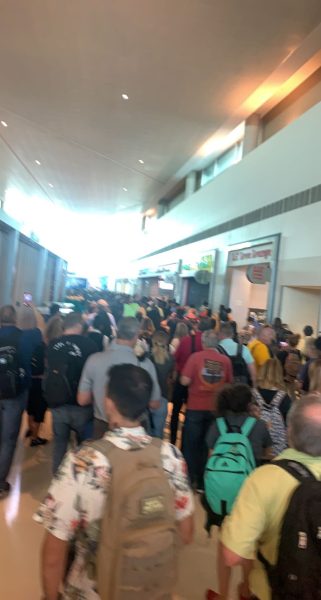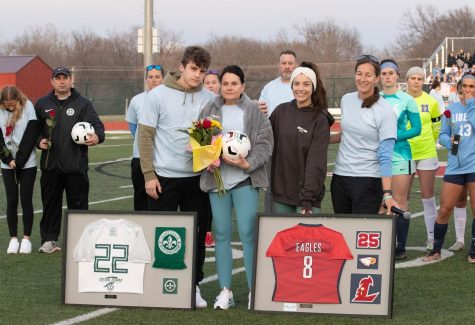Coronavirus Halts Plans and Sparks Questions in Foreign Language Teachers
Teachers weigh risks of attending Central States Conference on Teaching Foreign Languages
Four of Liberty’s foreign language teachers had to make difficult decisions regarding the risk of COVID-19.
March 13, 2020
With an increase in panic across the globe due to COVID-19, many people, including those at Liberty, are having to shift their lives for the course of the pandemic.
Foreign language teachers Ms. Tock, Mr. Hendricks, Mr. Stoll and Ms. Farrelly planned to attend the Central States Conference on Teaching Foreign Languages (CSCTFL) in Minneapolis, Minnesota.
“It’s where foreign language teachers from all over the country go and share best practices, teaching, techniques, new resources, new books [and their] travel,” Stoll said. “It’s a lot of networking and collaborative work.”
After hearing President Trump’s address Wednesday evening, Tock and Farrelly decided to not attend the conference. Hendricks and Stoll are working with an adjusted schedule at the conference, which will now end Friday at 1:30 p.m. rather than lasting the whole weekend. Many presenters dropped out as the preceding week went on.
“I was really looking forward to it but because of the coronavirus outbreak recently I heard that we should be trying to stay away from large crowds and this is a conference with people from all over the midwest, it will be pretty crowded,” Tock said. “I just thought for the health and the safety of myself, my family, my students, and everyone else in the community it would be best to stay back home.
The last time they were able to attend CSCTFL was in 2014, when the conference was held in St. Louis. Foreign language teachers rarely get approval and coverage if they attend, so this was a significant opportunity for them to improve on their skills and collaborate with different views of the globe. I just thought for the health and the safety of myself, my family, my students, and everyone else in the community it would be best to stay back home — Ms. Tock
However, in the midst of an international crisis, sometimes the risk outweighs the reward.
Outside of the fear of becoming infected and spreading the virus, teachers are examining the future effects a quarantine can have. Until COVID-19 hit, they didn’t reflect on how sick day policies could threaten their livelihood. If they don’t have sick days piled up, a quarantine could lead to a dock in their pay. Since non-illnesses like extended maternity leave are sometimes counted as sick days, teachers are panicking to factor coronavirus into the limited time off they are allowed to have.
“[The panic] is completely understandable. We live in America where there’s not guaranteed paid sick leave. If [some teachers] were to get coronavirus that would be a 14 day minimum quarantine, unpaid, which would not be a tragedy just because you got sick from coronavirus, but you would default on your mortgage because you didn’t get a paycheck,” Stoll said. “Why should somebody have to lose their house because we live in a place where nobody can get sick without financial consequences? I hope that this coronavirus will show people that paid sick leave is not just a right of any worker but it’s better for the public health. If you’re sick, stay home.”
Even without their conference, foreign language teachers strive to educate students on the beauty of different cultures through language. In a time where anxiety is at an all-time high and people shouldn’t travel, the world needs to maintain its understanding of those who are different than them. Tock emphasizes the importance of tolerance.
“Unfortunately I think that it has brought some discrimination against people. They start to kind of look at people [with origins] from [infected] locations differently, which makes me really sad,” Tock said.


